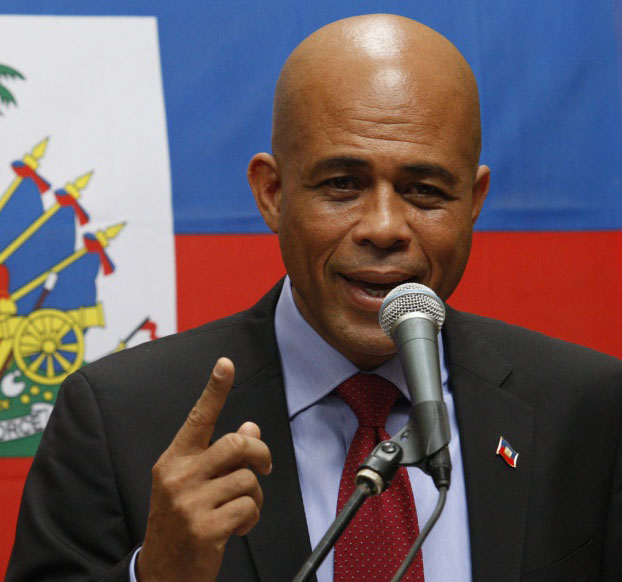Press Statement
Vedant Patel, Principal Deputy Spokesperson
August 20, 2024
Today, the United States is designating Haitian President Michel Martelly for his role in the global illicit drug trade. Martelly abused his influence to facilitate drug trafficking and has sponsored multiple Haiti-based gangs. Narcotics trafficking and gang-related violence have contributed to political instability and insecurity in Haiti, which has created an untenable living situation for the Haitian people.
It is unacceptable for Haitian political and economic elites to plunder Haiti’s future. Today’s action demonstrates the United States’ unwavering resolve to promote accountability for all individuals whose activities contribute to gang violence and destabilize the political environment in Haiti, regardless of their rank or stature.
OpaMusic.com:
When a president is sanctioned, it means that the president is subject to punitive measures imposed by a government or international body, often due to alleged wrongdoing, such as corruption, human rights abuses, involvement in illegal activities, or destabilizing actions. These sanctions are typically part of efforts to hold high-level officials accountable for actions that violate international norms or laws.
Here are the main types of sanctions a president might face:
- Financial Sanctions: The president’s assets and bank accounts, especially those held in foreign countries, can be frozen. This prevents them from accessing or using their financial resources. Any properties or businesses they own abroad may also be seized.
- Travel Restrictions: The president may be banned from traveling to specific countries, particularly those imposing the sanctions. Their family members or close associates may also face travel bans.
- Diplomatic Isolation: The sanctioned president may be excluded from international forums, summits, and diplomatic engagements. This isolation reduces their ability to engage with other world leaders or negotiate international agreements.
- Trade and Business Restrictions: Any businesses or individuals linked to the president could face restrictions, making it difficult for them to conduct international trade, secure loans, or engage in business with foreign entities. Countries imposing sanctions may forbid their companies from doing business with companies tied to the president.
- Asset Freezes and Seizures: If the president has investments, properties, or other valuable assets in the countries imposing sanctions, these can be seized or frozen.
- Impact on National Interests: While sanctions typically target individuals, the broader effects can damage the economic and political standing of the country, affecting its relationships with other nations, limiting access to international markets, and hindering development.
In essence, sanctions are designed to pressure the sanctioned individual, like a president, to change their behavior, stop harmful actions, or step down from power, while also signaling international disapproval of their conduct.

